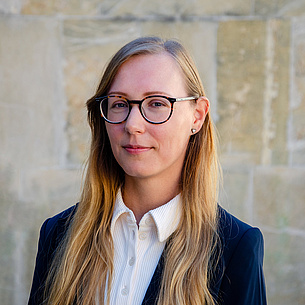Contents and Focus Areas
- Extended object-oriented aspects: inheritance, operator overloading, exceptions
- Functional aspects: lambda operator, map, filter, list comprehensions, iterators, generators
- Modules and namespaces
- Special features of the language: duck typing, docstrings, manipulation of objects and classes on runtime, exceptions
- Data model
- Further topics:
- Decorators, changing classes on runtime, exec function
- Advanced file handling: xml, json, yaml
- Software development: unittest, doctest, Python Debugger
- Short introduction: numpy
- Machine learning: keras introduction
- GUI: tkinter
- Code optimization: ctypes, Cython
Target Groups and Admission Requirements
- Persons from the fields of IT, software development, mathematics, engineering and science
- Requirements: basic knowledge of PYTHON

Dates and Deadlines
Next course date: to be announced
Quick Facts
- Duration: 16 hours
- Certificate: Confirmation of participation
- Language of instruction: German or English
- Course fees: € 550 (VAT free) or for Bachelor's and Master's students: € 250 (VAT free)
- Course location: online or in-house
- Course times: by agreement
Why you Should Learn PYTHON
- PYTHON is easy to learn and offers high complexity.
- You can create connections to fast C/C++ and Fortran libraries.
- You can produce highly effective codes with little effort.
- Its high flexibility makes PYTHON ideal for rapid prototyping.
PYTHON and the associated software are free software. This means you will gain a cost-saving alternative to commercial programmes such as MATLAB.
Programme Director
Stefan H. REITERER
Dipl.-Ing. Dr.

Contact
Sarah Meinhardt
BA
TU Graz Life Long Learning
Tel.: +43 316 873 4945
lifelong.learning@tugraz.at



